Press release April 9, 2021
1.35 Billion euros will be made available from the National Growth Fund (Groeifonds) for artificial intelligence, regenerative medicine, infrastructure for health data, quantum technology and hydrogen / green chemistry. This concerns the funding of 5 proposals (awards and reservations) for research and innovation submitted by State Secretary Mona Keijzer (Economic Affairs and Climate) on behalf of cooperating companies, knowledge institutions and governments.
According to the independent advisory committee, they contribute to economic growth, the strengthening of research and innovation ecosystems and the international knowledge and competitive position of the Netherlands. The decision of the advisory committee on the first round of the National Growth Fund was adopted by the Council of Ministers today. In addition to supporting innovative strength, proposals for strengthening infrastructure (IenW) and knowledge development (OCW) were also assessed. It concerned a total of 15 applications.
State Secretary Mona Keijzer (EZK): “Innovation aimed at digitization, sustainability and health immediately acquired a prominent place at the start of the National Growth Fund. That is good for all Dutch people. After all: research and development is the key to sustainable growth and thus our jobs and income for the future. ”
The State Secretary continues: “The large-scale public funding for these five innovative applications will make an important contribution to keep our country prosperous. It is necessary for the government to take on a more active role to further develop research, innovation and technology, to allow start-ups to continue to grow, to attract talent, to maintain innovation in the Netherlands and thus to strengthen our international position. I see great opportunities for the cooperating companies, knowledge institutions and governments involved in this to capitalize on these challenges. ”
The five funded proposals from research and development (R&D) and innovation are:
Quantum Delta Nederland – 615 Million Euro
The Dutch knowledge position in the field of quantum technology is among the best in the world. The proposal to further expand the ecosystem and convert it into business is fully funded (615 million euros). Quantum Delta Netherlands works in Amsterdam, Delft, Eindhoven, Leiden and Twente with a large coalition of companies, universities and other knowledge institutions on setting up the necessary infrastructure, developing the technology and its applicability. Part of the plan is also investing in employees for the future, so that this new sector will soon have enough trained personnel.
Quantum technology uses two principles: entanglement and superposition. Entanglement means that two particles are non-physically connected. If one changes, the other changes immediately: faster than light. This makes new, extremely safe and fast (communication) networks possible. Superposition ensures that, instead of regular bits that can be either 0 or 1 alone, qubits are 0 and 1 at the same time. That releases a lot of computing power. A quantum computer can do calculations that modern computers would take centuries to do.
Quantum Delta Netherlands is developing the first quantum computer that is of great importance for more efficient production or transport due to the calculation speed. But is also working on the first larger quantum network and on quantum sensors that are able to measure changes in very small particles, such as in DNA. Another future contribution is the contribution to cybersecurity via a secure (quantum) internet.
Regenerative medicine: RegMed XB – 56 million euro
The amount requested for two biomedical innovation proposals is fully funded. The first is RegMed XB (56 million euros), which will build four Dutch pilot factories (Eindhoven, Leiden, Maastricht, Utrecht) for the development of regenerative medicine. This focuses on the repair of damage to cells, tissues and organs, so that chronic diseases can be prevented or cured.
Healthcare is a global, growing market due to an increasing population and an aging population. Effective treatments with gene and stem cell therapy are therefore also a great economic opportunity. The economic goal of RegMed XB is to enable Dutch businesses to develop these innovative products and processes together with researchers and to respond to a rapidly growing foreign market.
Health-RI: infrastructure for health data – 69 million euro
The second proposal within the theme of biomedical innovation is about setting up an integrated and secure national health data infrastructure. This involves pooling and reusing Dutch knowledge in the field of health, not a data infrastructure for patient care. The requested amount of 69 million euros from the public-private partnership Health-RI is also fully funded.
Data is currently still being managed in a fragmented way by many healthcare and science organizations such as the University Medical Centers. Joining forces is essential to develop new and more effective (personalized) solutions for diagnosis, treatment and prevention more quickly and cheaply. The large amount of new fundamental knowledge about lifestyle, health and disease, combined with a technology such as artificial intelligence (AI), contributes to both our health and to Dutch companies that are active in this field.
Scale up of Opschalen van hydrogen and green electrons in industry – 338 million euro
The Green Power proposal is partially funded (338 million euros) and is aimed at the upscaling of hydrogen and the application of green electrons in energy-intensive industries. It concerns an integrated approach by companies, governments and knowledge institutions in this sector, including a broadly coherent research and innovation program and an education agenda. Moreover, development can make a significant contribution to the climate challenge.
Public investments must create a powerful and flexible hydrogen ecosystem that forms the basis for the upscaling of hydrogen and electrochemistry. Industrial clusters with opportunities for this are the Northern Netherlands, Amsterdam, Rotterdam / Moerdijk, Zeeland, Arnhem, Brainport Eindhoven and Limburg (Chemelot).
More research and innovations are needed to ultimately be able to use green hydrogen efficiently and more cheaply. This also creates interesting revenue models for the Netherlands, both in a possible role as producer or international distributor.
AiNed: investment program artificial intelligence – 276 million euro
The Dutch AI Coalition (NL AIC), a public-private partnership of more than 250 participants, has been largely funded (276 million euros) for the first phase of its investment proposal for artificial intelligence (AI). The ambition of the so-called AiNed program is to get the Netherlands in the international leading group of countries, both in terms of social conditions and the economic utilization of AI.
AI can be widely applied for, for example, more efficient energy systems, smarter mobility and logistics or better healthcare. The proposal focuses on a coordinated Dutch approach to strengthen knowledge and applicability of AI through research, innovation, valorisation, education and to ensure people-oriented, responsible application of AI in society.
The focus in the approach for the accelerated application of AI in the Netherlands is on sectors that generate the most earning potential: high-tech industry, mobility, logistics, energy, health and care. The strategic program therefore invests in attracting and retaining talented AI scientists, training and education, developing social frameworks for applications and intensifying participation in European programs, so that more EU money comes to the Netherlands.
Second round of financing from National Growth Fund
In total, State Secretary Mona Keijzer submitted six proposals on behalf of the parties involved for the first round. The FoodSwitch proposal has not been accepted. The National Growth Fund has announced that a second round will follow this year in which improved and new proposals can be submitted for funding. Research and development (R&D) and innovation remain one of the pillars of the fund. A total of 20 billion euros is available from the fund until 2026, in the first round, 4 billion euros (partly conditionally) has been allocated and reserved today.
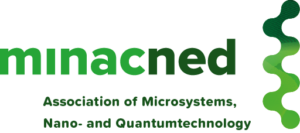
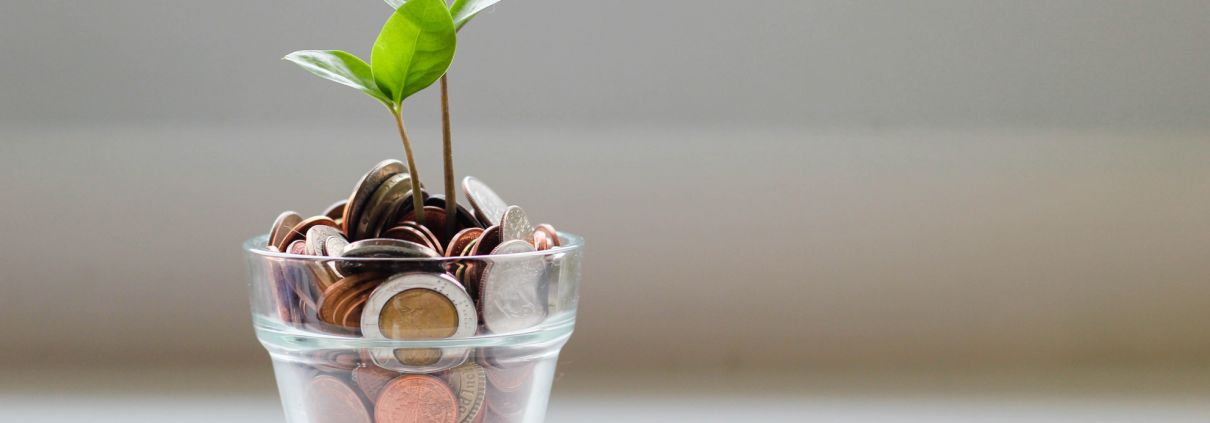
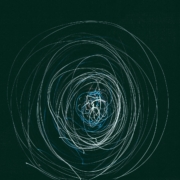
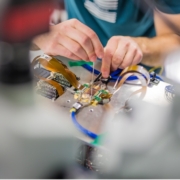

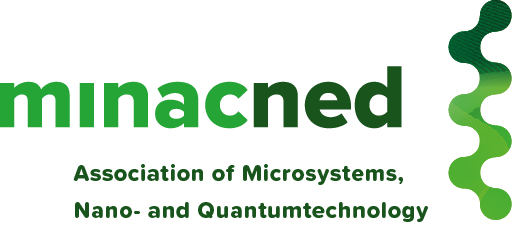


Leave a Reply
Want to join the discussion?Feel free to contribute!